IELTS Reading Matching Sentence Endings Example 6
Limited-Time Offer : Access a FREE 10-Day IELTS Study Plan!
EbonicsA. In 1996, debates around the nature of “Ebonics’’ in the United States came to ahead. That year, the Oakland Unified School District (OUSD) in California enacted Resolution 597-003, which officially recognized that African-American students “as part of their culture and history as African people possess and utilize a language”. Alternatively referred to as Ebonics (literally “black sounds”), African Communication Behaviours, and African Language Systems, this language was declared to be “genetically-based” rather than a dialect of Standard English. Within the profession of language research and pedagogy, a strong consensus formed behind the OUSD’s decision to recognise Ebonics. Linguistics professor John Rickford noted that Ebonics was not simply characterised by erroneous grammar and large slang vocabulary, but that underlying this language was a structured form and process of grammar and phonology that made English learning for Ebonics speakers far more complex a task than simply dropping bad habits. English teachers, Rickford counselled, must, therefore, accept and embrace these complexities. B. The Linguistic Society of America (LSA) concurred with Rickford, adding that whether or not Ebonics should be defined as a dialect or a language does not matter in terms of its “validity”. While linguists studying Ebonics typically restrain from prescribing edicts in favour of tracking changes in form and style, the LSA did point to the fact that speakers of Swedish and Norwegian can typically understand each other while conversing in different “languages”, whereas Mandarin and Cantonese speakers cannot understand each other’s “dialects” to conclude that spatial and social tensions, rather than strict linguistic criteria, were the crucial factors in defining these terms. For many others, however, the OUSD’s decision was tantamount to endorsing lazy, vulgar, and “broken” English — the equivalent, perhaps, of acknowledging “text-speak” or Internet slang as a valid form of expression. Recognizing and fostering the use of informal, culturally-specific spoken language, say those detractors, traps users in a kind of linguistic ghetto in which they can interact with other disenfranchised and excluded citizens, but cannot engage within the public sphere in a meaningful way. Because of the dominance of Standard English in the United States, Ebonics-only speakers are essentially unable to go to university and work in high-valued professions, and they are unlikely to be electable to any kind of public office (even in areas with a high density of black residents, those who lose their Ebonics-tinged speech patterns fend to be more trusted). |
Questions 1-5
Complete each sentence with the correct ending, A-K below. Write the correct letter, A-K, in boxes 1-5 on your answer sheet.
- In 1996, the Oakland Unified School District passed a measure
- According to John Rickford, it is a good idea when teaching Standard English
- Linguists studying Black speech patterns are only able
- The LSA nailed that definitions of “dialect” and “language” are generally away
- Critics of vernacular alternatives to Standard English tend
|
Answers
|
Explanation
Unlock Explanation
| For the first question, the answer is in the first para, 6th line; “ this language was declared to be “genetically-based” rather than a dialect of Standard English.”
The second answer is in the first para, 12th line; “more complex a task than simply dropping bad habits. English teachers, Rickford counselled, must, therefore, accept and embrace these complexities. Underlying this language was a structured form and process of grammar and phonology that made English learning for Ebonics speakers far more complex a task” For the third question, the answer is in the second para, 2nd line; “defined as a dialect or a language does not matter in terms of its “validity”. While linguists studying Ebonics typically restrain from prescribing edicts in favour of tracking changes in form and style” For the fourth question, the answer is in the second para, 3rd line; “typically restrain from prescribing edicts in favour of tracking changes in form and style, the LSA did point to the fact that speakers of Swedish and Norwegian can typically understand each other while conversing in different “languages”, whereas Mandarin and Cantonese speakers cannot understand each other’s “dialects” to conclude that spatial and social tensions, rather than strict linguistic criteria, were the crucial factors in” The fifth answer is in the second para, 9th line; “For many others, however, the OUSD’s decision was tantamount to endorsing lazy, vulgar, and “broken” English — the equivalent, perhaps, of acknowledging “text-speak” or Internet slang as a valid form of expression. Recognising and fostering the use of informal, culturally-specific spoken language, say these” |
Also check:
Practice IELTS Reading based on question types
Start Preparing for IELTS: Get Your 10-Day Study Plan Today!
Explore other Matching Sentence Ending Questions
Recent Articles

Kasturika Samanta

Kasturika Samanta
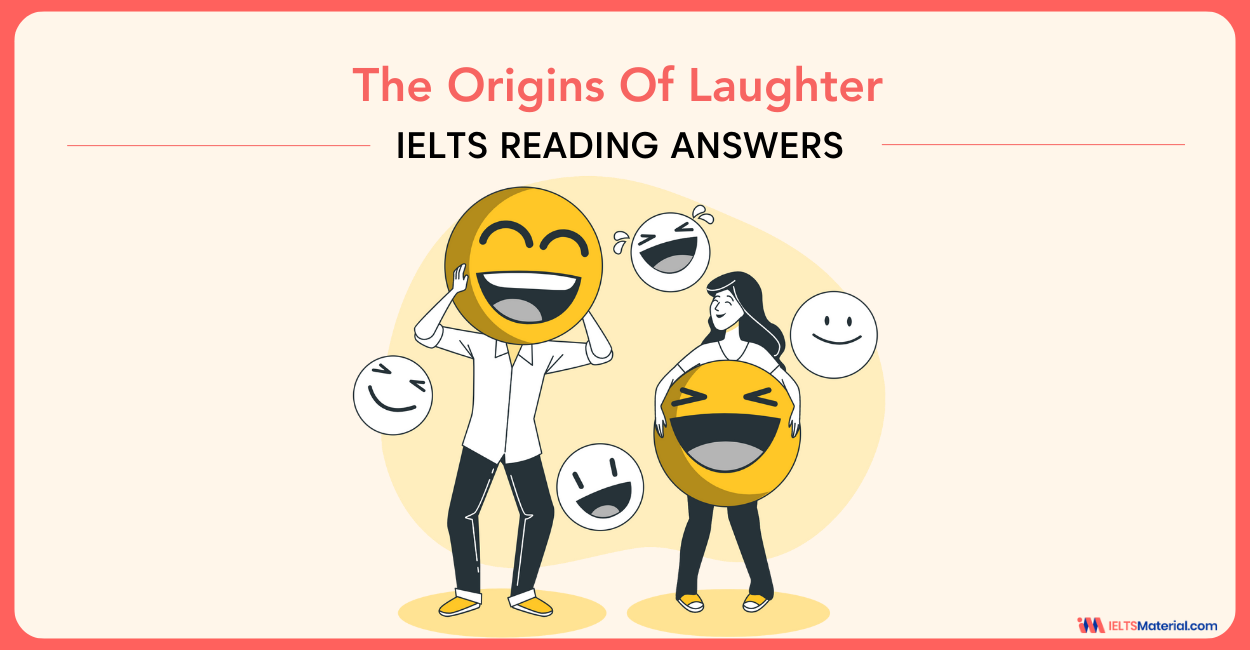
Janice Thompson
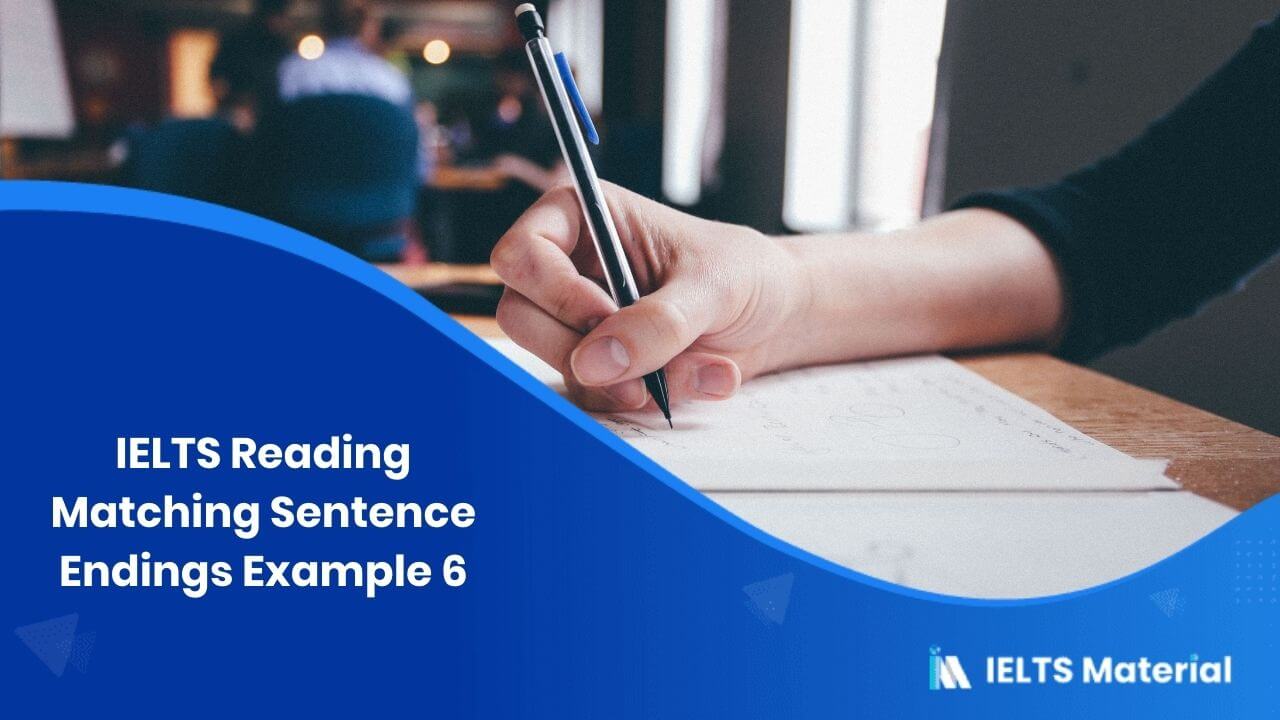
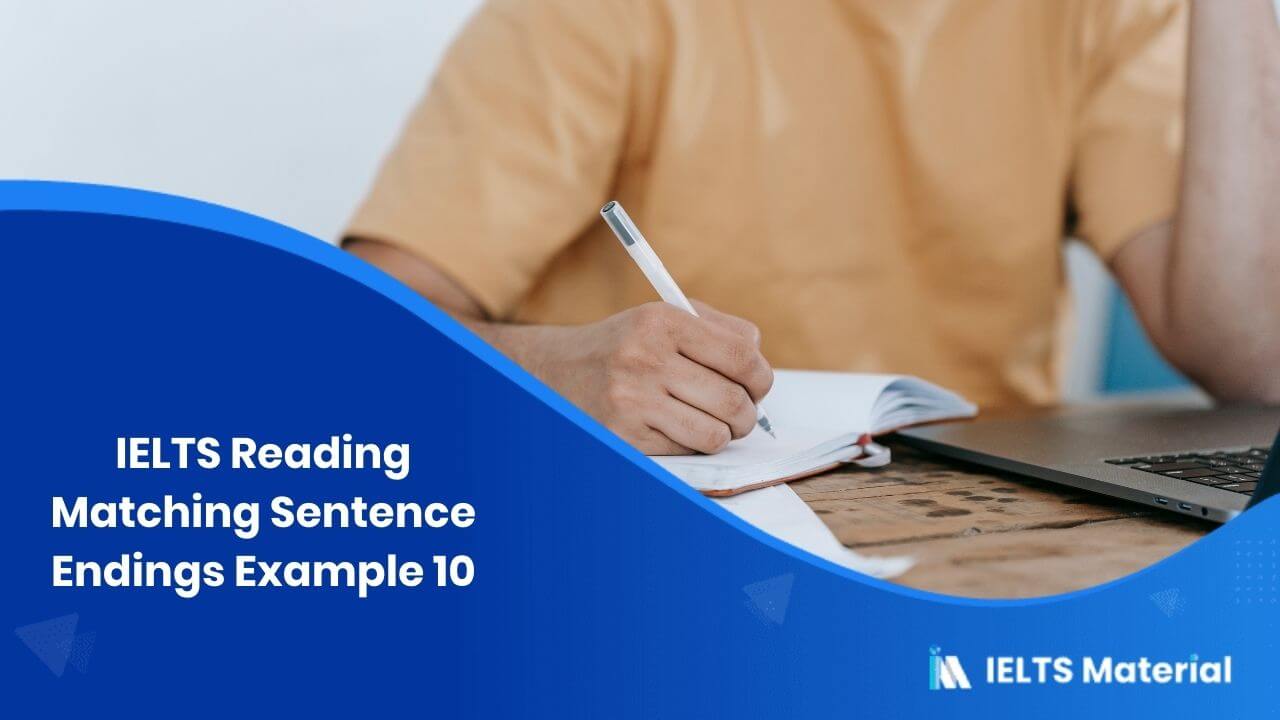
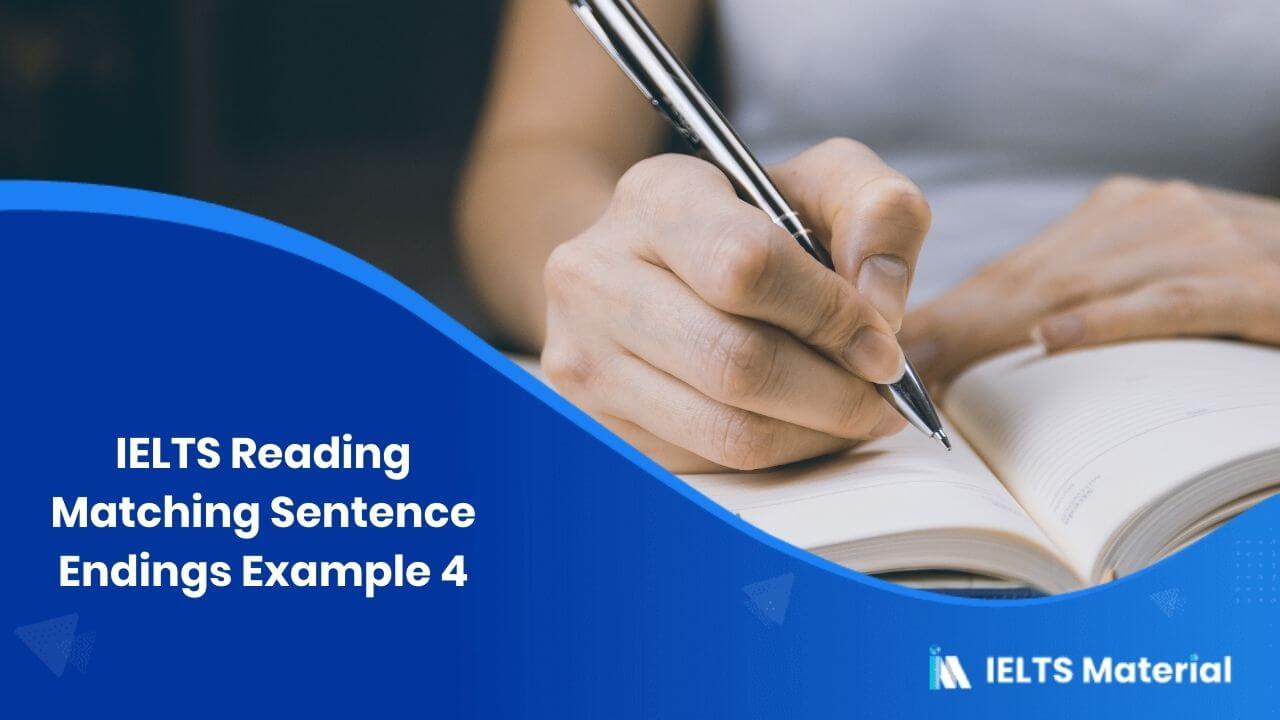
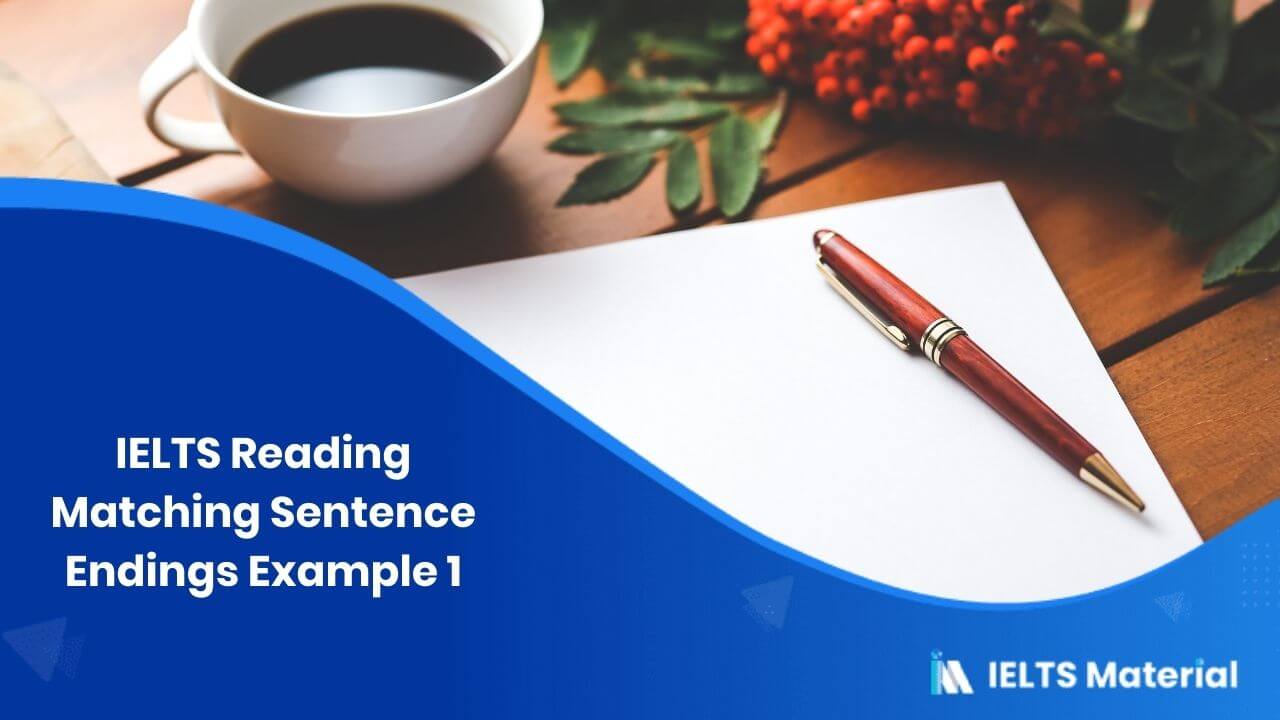
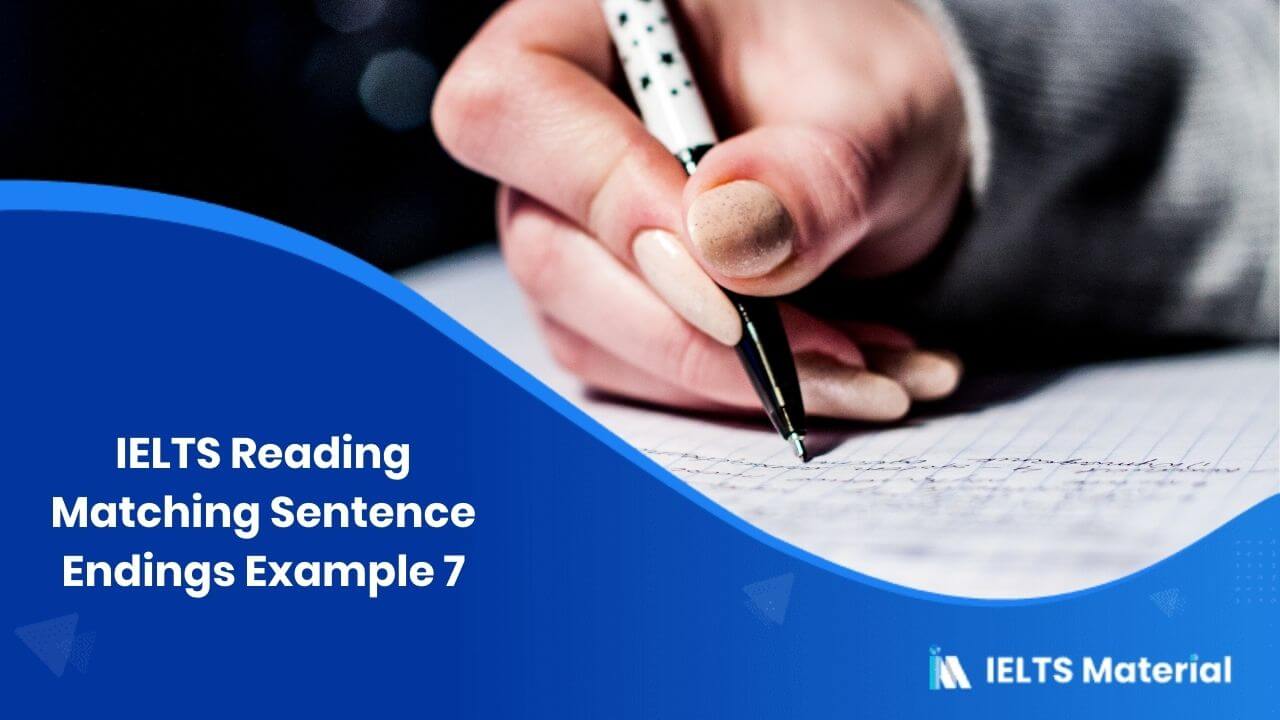



Post your Comments